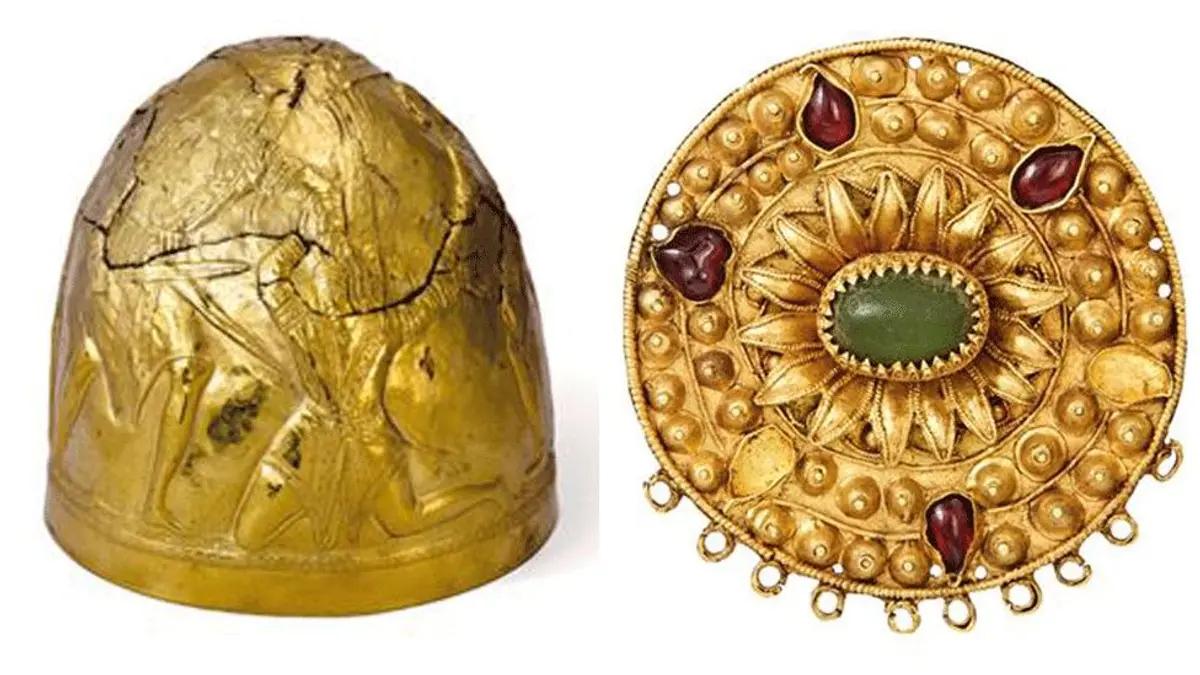Hundreds of ancient artefacts from Crimea returned to Ukraine on 26 November after spending nearly a decade in the Netherlands at the centre of a prolonged court battle following Russia’s annexation of the Black Sea peninsula.
Referred to collectively as Scythian gold, the objects were stranded in legal limbo in Amsterdam in 2014 after being taken for display at an exhibition titled Crimea: Gold and Secrets of the Black Sea at the Allard Pierson Museum.
“This was a special case, in which cultural heritage became a victim of geopolitical developments,” said Els van der Plas, the director of the Allard Pierson, in a statement posted by the museum. “After it became clear in 2014 that the judge would consider the case, we focused on safely storing the artefacts until the time came to return them to their rightful owner. We are pleased that clarity has emerged and that they have now been returned.”
The supreme court of the Netherlands ruled in June 2023 that the items should be returned to Kyiv and not to the four Crimean museums from which they had come since they were under Russian control: the National Preserve of Tauric Chersonesos, which is a Unesco World Heritage site; the Central Museum of Taurida in Simferopol; the Bakhchysarai Historical and Cultural Reserve; and the Kerch Historical and Archaeological Reserve.
The Crimean museums backed by the Russian government had appealed earlier rulings by lower Dutch courts, claiming they were the owners. The ancient history of Crimea is central to Russian President Vladimir Putin’s ideological justification for attacking Ukraine.
The National History Museum of Ukraine, which received the artefacts on Sunday, said in a statement on its website that it would store them “until the deoccupation of Crimea,” the ultimate goal of Ukraine’s counteroffensive against Russia’s full-scale invasion of Ukraine. “We are talking about 565 items, in particular, antique sculptures, Scythian and Sarmatian jewellery, Chinese lacquer caskets, which are 2,000 years old.”
The Kyiv museum, which had also loaned pieces for the exhibition that were returned after it ended, said that the Allard Pierson had waived the €111,689 with interest storage payment set by the court and worked with the Ukrainian side to ensure safe transport of the pieces.
A spokesman for the Dutch museum tells The Art Newspaper it had also helped cover costs of the move, but “can’t comment on security-related issues” and “now that all the items have been returned to the legitimate owner, the Allard Pierson won’t be involved in their preservation.”


